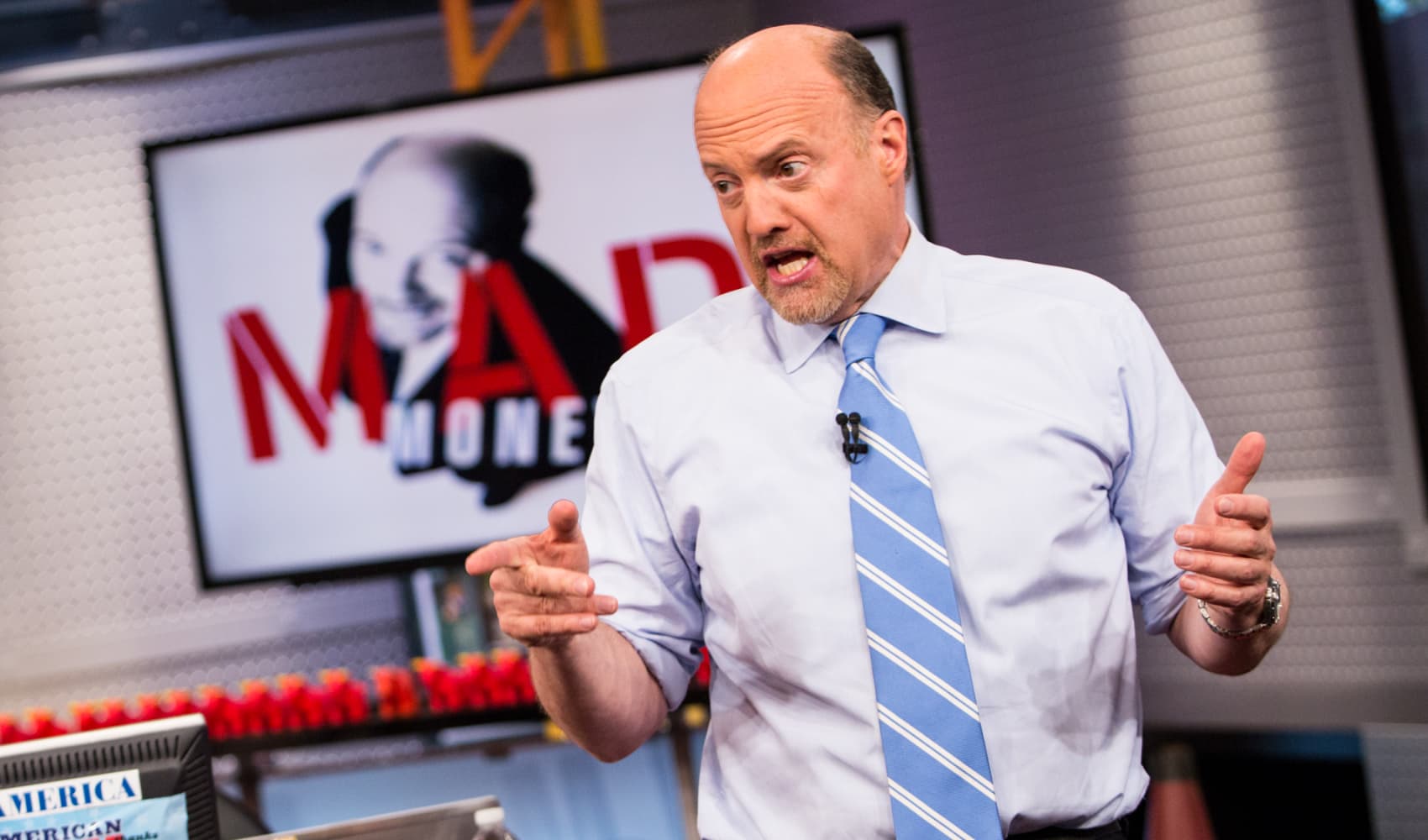
Even if you don't directly work with a financial advisor, it could be worth paying attention to what they're saying about markets and investing.
Take the recent announcement regarding cryptocurrency from the CFP Board, the professional organization for certified financial planners. Planners providing advice on crypto-related investments, the board ruled, are neither required to or barred from providing advice related to crypto, but "should do so with caution."
It's advice all retail investors would be wise to follow. That's because CFPs operate by a strict code of standards, which include a fiduciary duty and a duty of competence. Basically, if you're a client, a CFP has to know their stuff in order to advise you how to invest and has to act in your best financial interest.
If a group of financial professionals are treading carefully around crypto, it may make sense for you to follow suit. Here are the crypto risks that financial pros are most worried about, and how they're approaching crypto on behalf of their clients.
Get DFW local news, weather forecasts and entertainment stories to your inbox. Sign up for NBC DFW newsletters.
The unique risks associated with crypto
In some ways, the CFP Board clarified that its advisors should handle crypto investments just like any other. A good advisor, and by extension a good investor, assesses factors such as risk, return potential, cost and track record before purchasing any investment.
But the notice points out that cryptocurrencies and related assets come with unique risks. Here are six to consider:
- They're speculative: Crytpocurrencies fluctuate in price based on investor speculation. This makes them more volatile than traditional assets, which tend to move based on changes in underlying fundamentals, such as earnings growth.
- They're tricky to analyze: Analysis of stocks and bonds is backed by decades of data. The same newness that makes crypto exciting also makes it difficult to evaluate. Even knowledgeable investors have difficulty separating "facts from the hype," the notice says.
- They may present custodial risks: Sites where you store your crypto may come with a heightened risk that you lose your investments or have them stolen.
- They're hard to value: Without the standard accounting practices or well-worn valuation methods you might find when analyzing stocks, crypto assets can be difficult for investors to value, which means you run the risk of overpaying.
- They may be unregistered: You may be buying crypto or crypto-related assets through dealers that aren't complying with government regulation.
- They may face more regulation: The government may change how crypto investments are regulated and taxed, which could have unpredictable effects on your portfolio.
How a CFP would approach crypto investing
Money Report
The CFP Board doesn't want their planners advising clients on crypto unless they have specialized knowledge of the crypto market. It may be worth taking that outlook for yourself too: Do you think you have a better grip on market forces in crypto than your average financial planner?
Before investing in crypto, ask yourself how well you understand the market, as well as if you know the ins and outs of the coin you're interested in buying.
It's likely smart to also take a planner's view when it comes to assessing how a crypto investment would fit into your overall financial picture.
Think about your unique financial situation, including your investing goals, tolerance for risk and tax status. Your reason for buying crypto will ideally go beyond "because it's going to go up."
Want to earn more and work less? Register for the free CNBC Make It: Your Money virtual event on Dec. 13 at 12 p.m. ET to learn from money masters how you can increase your earning power.
Don't miss: Mark Cuban: Former FTX CEO Sam Bankman-Fried should be ‘afraid of going to jail’






